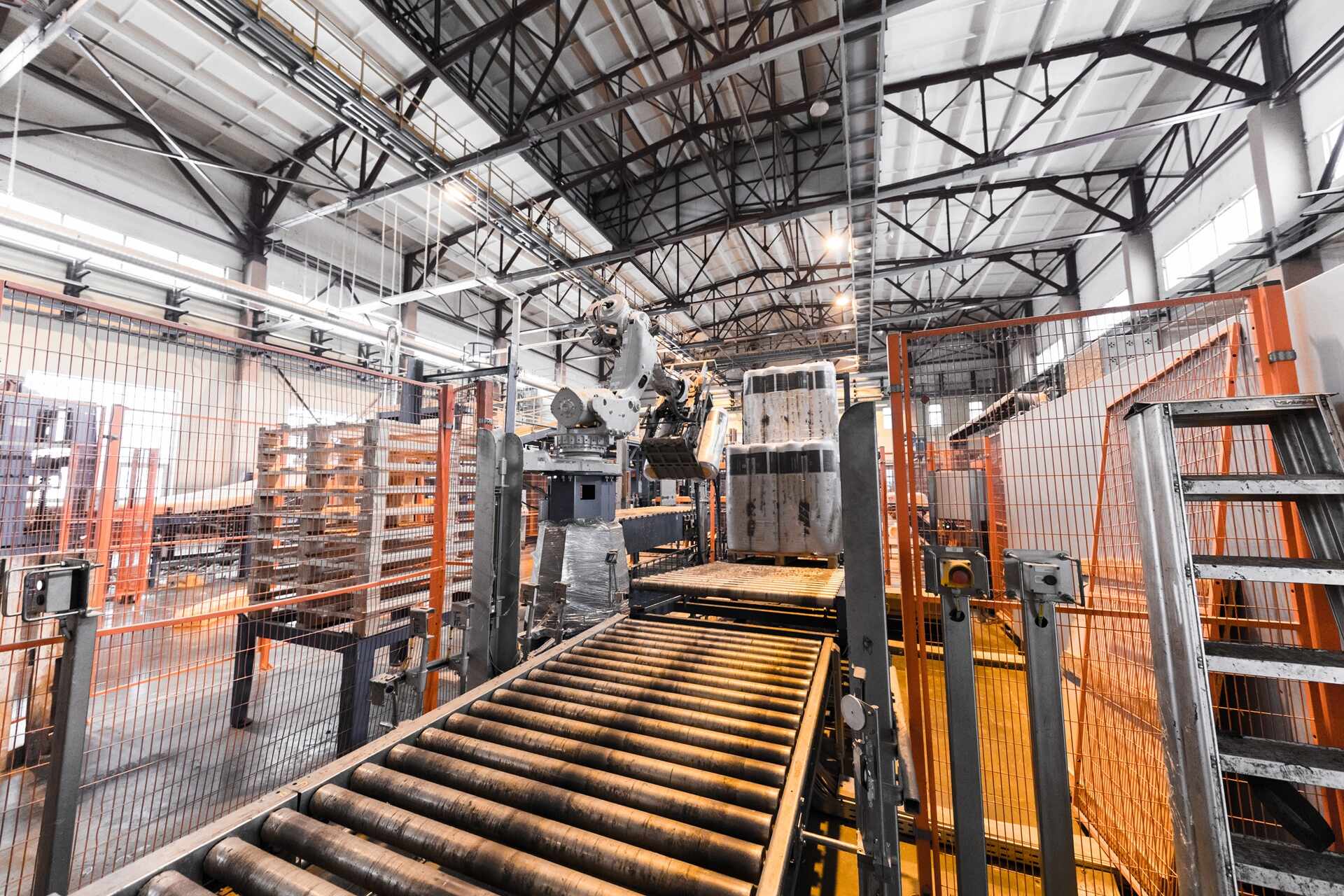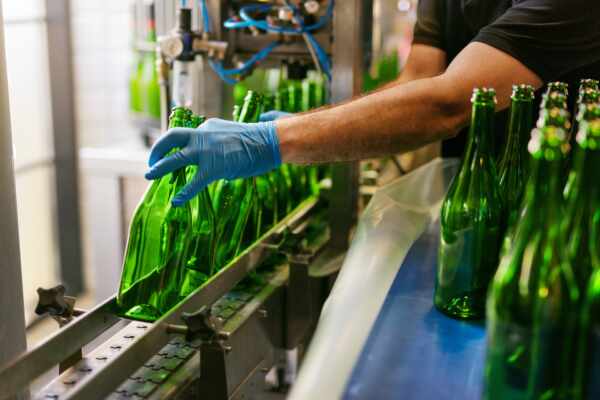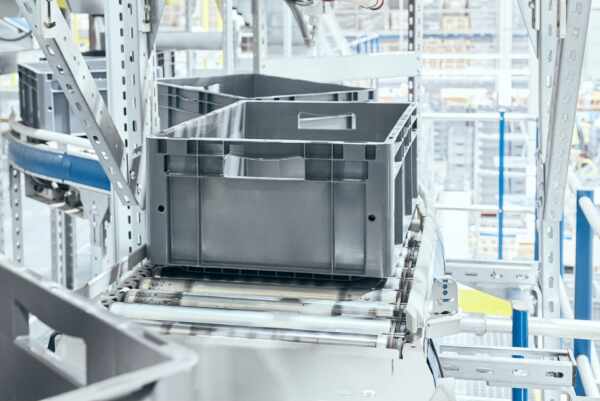Conveyor belts play a crucial role in the success and productivity of manufacturing facilities across various industries. As a pivotal component of material handling systems, conveyor belts are designed to transport products and materials efficiently, safely, and consistently, maximising output and minimising operational risks. With numerous types of conveyor belts available, choosing the right one for your specific needs can make a significant difference in your facility’s overall performance. Among the various options, steel conveyor belts have emerged as a popular choice in the manufacturing industry thanks to their unique characteristics and inherent advantages.
In this article, we will explore the numerous advantages of steel conveyor belts and discuss how they can contribute to enhancing your manufacturing operation’s efficiency and productivity. With discussion on topics such as durability, flexibility, easy maintenance, and various applications, such as food processing and heavy industries, you will gain a comprehensive understanding of steel conveyor belts and their potential impact on your business.
As experienced conveyor belt specialists, we understand the crucial role these components play in your facility’s success. Our goal is to provide you with valuable knowledge, resources, and support, allowing you to make an informed decision when selecting or upgrading your conveyor belts. Join us as we delve into the world of steel conveyor belts and discover how our wide range of conveyor solutions can help you optimise your operations and achieve ongoing exceptional performance.
1. Exceptional Durability and Long Lifespan
One of the primary benefits of steel conveyor belts is their exceptional durability and long lifespan. Made from high-quality stainless steel or carbon steel, these belts can withstand extreme temperatures, abrasive materials, and heavy loads, reducing the risks of damage and providing lasting reliability. The inherent strength of steel decreases wear and tear over time, resulting in reduced maintenance costs and extended belt life when compared to other conveyor belt materials, such as plastic or fabric.
2. Unparalleled Flexibility and Adaptability
In addition to their durability, steel conveyor belts offer unparalleled flexibility and adaptability. Their modular design allows manufacturers to create customised conveyor systems that can accommodate unique production processes and layouts. With various configurations and components available, steel conveyor belts can be tailored to meet specific industry requirements, such as tight turns, inclined or declined layouts, or specific product handling needs. This flexibility ensures the optimal performance of your conveyor system, minimising inefficiencies and maximising productivity.
3. Easy Maintenance and Hygiene Compliance
Another significant advantage of steel conveyor belts is their ease of maintenance and ability to meet stringent hygiene standards. Their robust construction and resistance to corrosion make these belts easy to clean and maintain, reducing downtime and labour costs associated with maintenance tasks. Furthermore, steel’s non-porous surface and resistance to contamination make it an ideal choice for industries with strict hygiene requirements, such as food processing, pharmaceuticals, and cosmetics.
4. Applications in Various Industries
The unique benefits of steel conveyor belts make them a versatile option suitable for a wide range of industries and applications. Some examples include:
– Food processing: Steel belts are ideal for applications in the food industry due to their resistance to contaminants, ease of cleaning, and high-temperature capabilities. Common uses include baking, frying, freezing, and cooling processes for various food products.
– Heavy industries: Thanks to their strength and durability, steel conveyor belts are well-suited to heavy industries, such as mining, construction, and metalwork, where they can transport heavy loads without causing damage or excessive wear.
– Pharmaceutical and cosmetic manufacturing: The hygienic properties of steel conveyor belts make them a preferred option for manufacturing facilities that produce pharmaceuticals and cosmetics, ensuring compliance with strict sanitation standards.
– Packaging and logistics: Steel conveyor belts are also suitable for use in packaging and logistics applications, where they can efficiently transport products through various stages of the packaging process, from assembly to shipping.
Conclusion
Steel conveyor belts offer numerous advantages, including exceptional durability, flexibility, easy maintenance, and suitability for various applications across diverse industries. By choosing a steel conveyor belt for your manufacturing facility, you can benefit from enhanced operational efficiency, reduced maintenance costs, and improved product handling capabilities.
As experienced conveyor belt specialists, we at Change Parts Pty Ltd understand the importance of selecting the right conveyor system for your needs. If you are considering a steel conveyor belt for your facility or need advice on choosing the best conveyor solution, don’t hesitate to contact us. We pride ourselves on offering tailored, high-quality conveyor solutions to optimise your operations and drive ongoing success.




